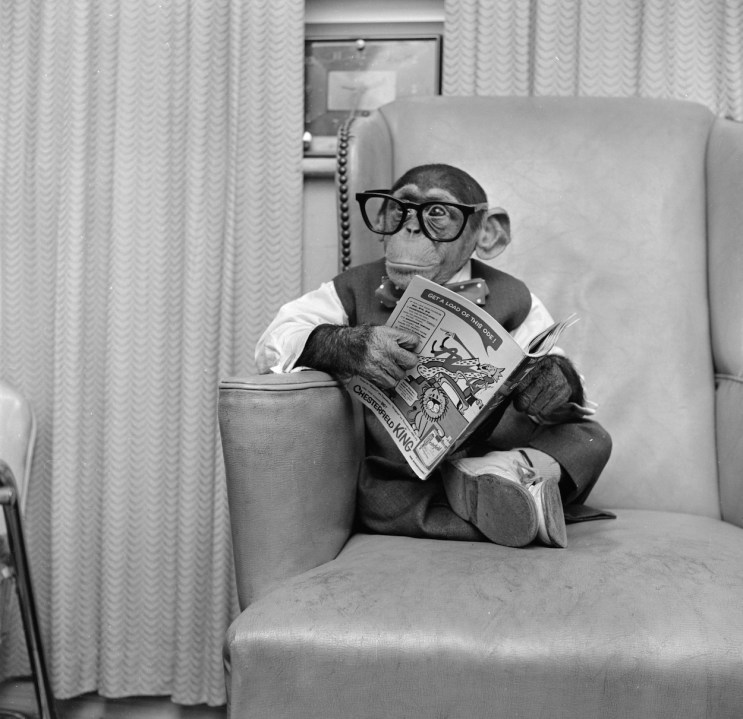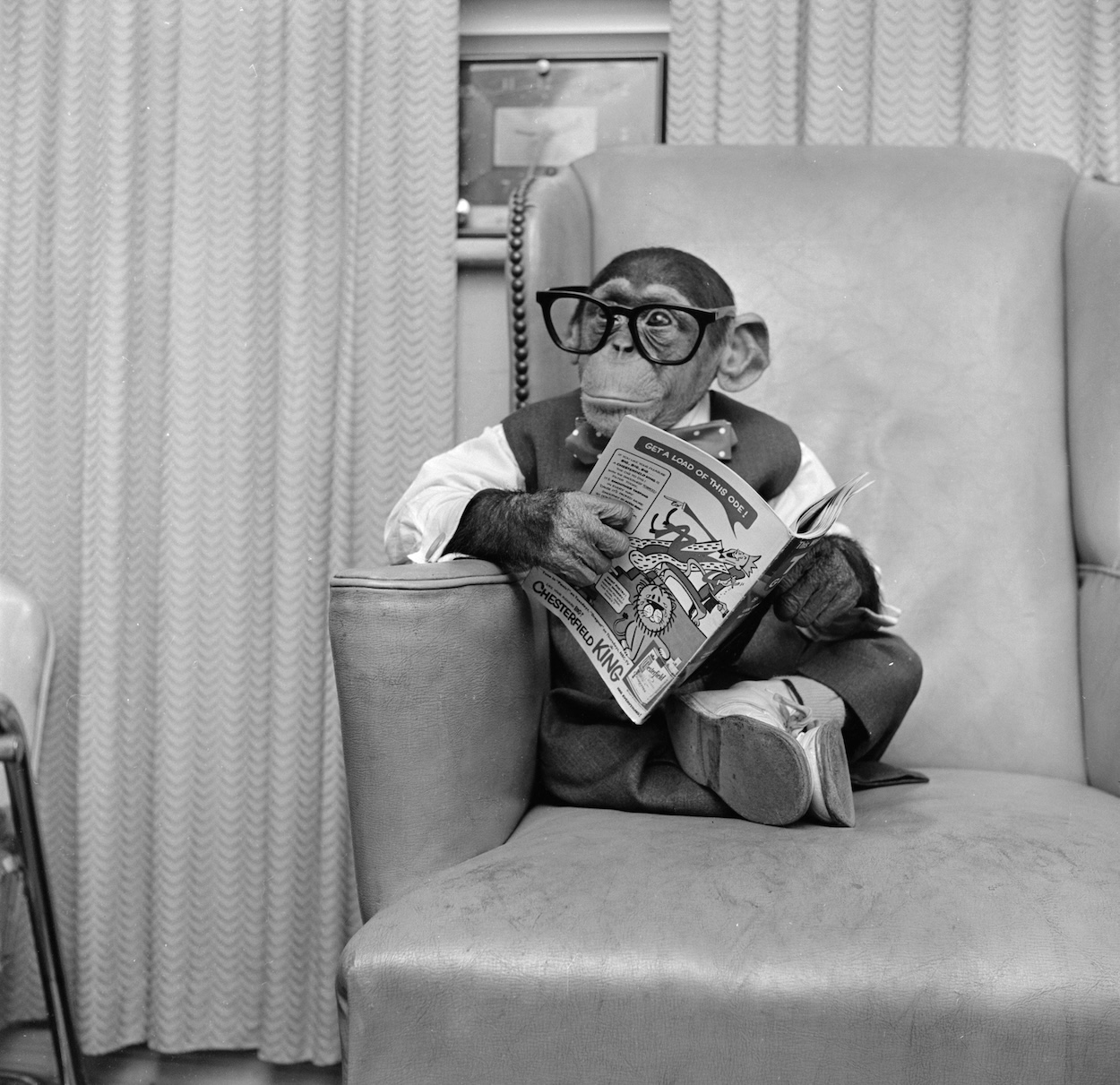What does it mean to be a ‘pseud’? I hadn’t thought a great deal about it, until a passage from a piece I’d written about semicolons made it into Private Eye’s venerable Pseuds Corner. It appears just after a conversation between two AIs, and above a breathless quote from Meghan Markle (for it is she).
Members of the public submit what they consider to be ‘pseudy’, and everyone laughs. I’ve always enjoyed it, and I was so delighted to be featured (I mean, Will Self’s been in there!) that the column is on its way to the framers as we speak. To share some pages with Craig Brown, whose satirical bite in his diary is so excellent at exposing the emptiness of contemporary culture, is heavenly. But should it have been in there? Torn out of its context, my prose indeed is florid:
Formed from two other punctuation marks, it [the semicolon] is a gorgeous, enigmatic, humanist chimera. It more closely resembles a gentleman, on the edge of his chair, leaning slightly forwards, poised to hear the aphorism fall from your learned lips. It is the jewelled hand, held out to be kissed; it is the tactful recognition of a guest in the glittering salon.
Overblown? Yes. But the piece had begun with a request to the reader to rub ashes into your hair at the demise of this punctuation mark – did the person who sent it in to Private Eye think that I really meant that? The piece was an exercise in playful hyperbole; my tongue was, quite firmly, in my cheek. It was, in short, an extended joke, and a sincere one too: the opposite, in fact, of pseudery. Yes, I care deeply about semicolons, and yes, I’m happy to deploy a range of literary techniques to mourn its passing – isn’t that what writing is?
There doesn’t seem to be much rhyme or reason as to what ends up in Pseuds Corner: sports writers feature heavily, and indeed, Dan Carrier of the Camden New Journal is in there with a comparison between the Basques and Tottenham Hotspur. (I think it’s actually quite good.) The AI conversation surely doesn’t count, because AIs don’t have a concept of pseudery. They’re not real! They can’t be pretentious!
What about Meghan Markle? The Cali Duchess muses: ‘I think it speaks to this chapter many of us find ourselves in, where none of us are one note. But I believe all the notes I am playing are part of the same song.’ Sure, it’s meaningless, and to say that the metaphors are mixed would be an understatement, but isn’t she – and heaven forfend that I’m actually defending Miss Markle here – trying to articulate something that she truly means, but lacks the rhetorical ability to formulate?
As a form of literary criticism, then, it seems that Pseuds Corner essentially comprises ‘things that Private Eye readers think are pretentious’. Which is to say, jargon, extended metaphors, and anything that smacks of fanciness or, as with Markle, flummery.
Private Eye wants writers to be blunt, concrete, and to the point. Perhaps this is a result of its largely grammar/minor-public school and Balliol conception in the 1970s, and its distrust of anything that smacks of aristocracy or academia. It’s a bit like the Augustan poets, with their ornate phrasing, being shoved out of the way by Wordsworth, with his old men and daffodils.
Experimenting with language; employing unusual vocabulary; working with extended metaphors: these are good and necessary parts of a vital literary landscape
Where would we be, though, if everything was as Private Eye wished? If my piece on semicolons simply ran: ‘Aren’t semi-colons great, and I’m really sad that no one’s using them any more,’ would readers have responded to it, with such passion and interest, in quite the same way? As Private Eye itself would say, shurely not.
Experimenting with language; employing unusual vocabulary; working with extended metaphors; using academic terms to try to pin down concepts like ‘queer space travel’: these are good and necessary parts of a vital literary landscape. I mean, look, I think academics go too far sometimes – is space really queer and decolonial, as Nelly Ben Hayoun-Stépanian suggests in the same column? – but they are usually trying to articulate concepts that haven’t been articulated before. Which is to be encouraged. Aside from that, all of this, like the royal family, adds hugely to the gaiety of the nation. We don’t want a Gradgrindian landscape where prose merely does the job. Boring!
I’m very glad that Pseuds Corner exists – like everything in Private Eye, it serves a function, which is to remind writers that words must be used correctly. But I also must say: now gods, stand up for pseuds! Because if writers cease to be ludic; if duchesses start to read actual books; then Pseuds Corner would be redundant. And that would be a sad day indeed. Or perhaps that should be: the willows would weep; the stars would flicker out; and the melancholy gods would groan, pale-faced, on their silken couches.








Comments